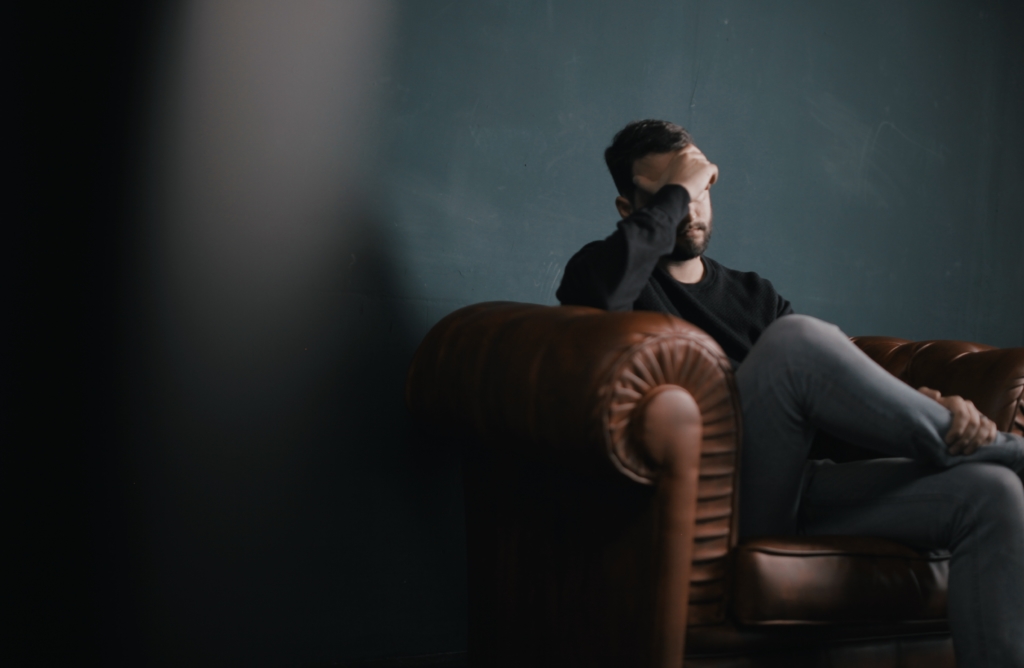
Shocking, scary, life-threatening, and dangerous events are the stories that make news headlines across the world. But, for survivors of these traumas, they can have a lasting impact that causes emotional turmoil. The nightmares, flashbacks, sadness, numbness, loss of interest, and serve anxiety are just a few ways PTSD can cause significant distress in occupational, social, and other important areas of one’s daily functioning.
While it is commonly associated with those returning from military service or war, any brief moment or extended experience of extreme physical danger to oneself or a loved one can bring on associated symptoms of PTSD, trauma disorders, and stress disorders. , and stress disorders.
Big Ts vs Little Ts
There’s no right or wrong way for someone to feel after experiencing trauma.
There’s no uniformity when it comes to diagnosing PTSD because everyone experiences trauma differently. One person might be able to move forward from a traumatic event that might shake another person to their core.
Clinically, we refer to traumas as Big “Ts”or Little “Ts”.
Little “Ts” tend to be more about personal perception and experience. We start forming perceptions in early childhood that shape us for life. Those who experience Little “Ts” are sometimes more sensitive in nature or lack the preverbal “tough skin”.
They might perceive comments meant to be playful as aggressive or offensive. Big “Ts” are quite the opposite. These are the events that most people would consider traumatic such as plane crash, rape, natural disaster, battlefield combat, or any life-threatening event. Your body will respond to trauma in a variety of ways ranging from fright to flight.
The Impact of PTSD
Whether it stems from personal tragedy, a natural disaster or any other type of disturbing event, both types of trauma can have a BIG impact on personal wellbeing. Trauma affects the areas of our brains responsible for memory management and emotions. This is why some memories of the trauma may seem fragmented and unclear after its ended. Although your body is designed to protect you during a trauma, your brain might still continue sending unhelpful messages long after the trauma is over. This keeps your body in a constant state of protection, fear, and anxiety. This is what it’s like for the 8 million people in the US who are suffering from PTSD.
At NYC Psychiatry, we work closely with patients and their families to manage the side effects of trauma. Often the imprint left by the ordeal cannot be ignored and PTSD sufferers may struggle with a perpetual sense of fear and recurring panic attacks. We encourage open discussion of experiences and expression of complex feelings by creating an environment of non-judgmental, therapeutic support. Coping with Post-Traumatic Stress Disorder is a gradual process of recovery. Dr. Itzkoff will lend the insight and support you need to make progress each day and reconnect with your loved ones. In time you will discover a renewed sense of peace and enjoyment in daily life and look forward to the future.
Contact Amanda Itzkoff MD’s Office to Schedule an Appointment:
amanda@psychiatristsnyc.com or ring my office at (917)-982-2184.
